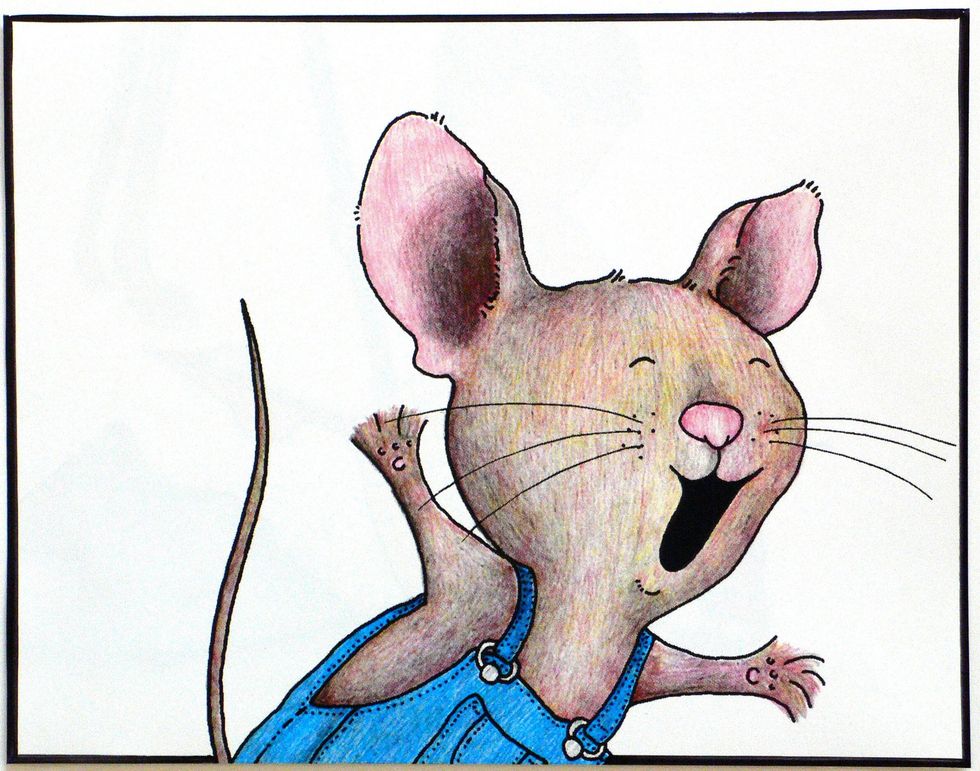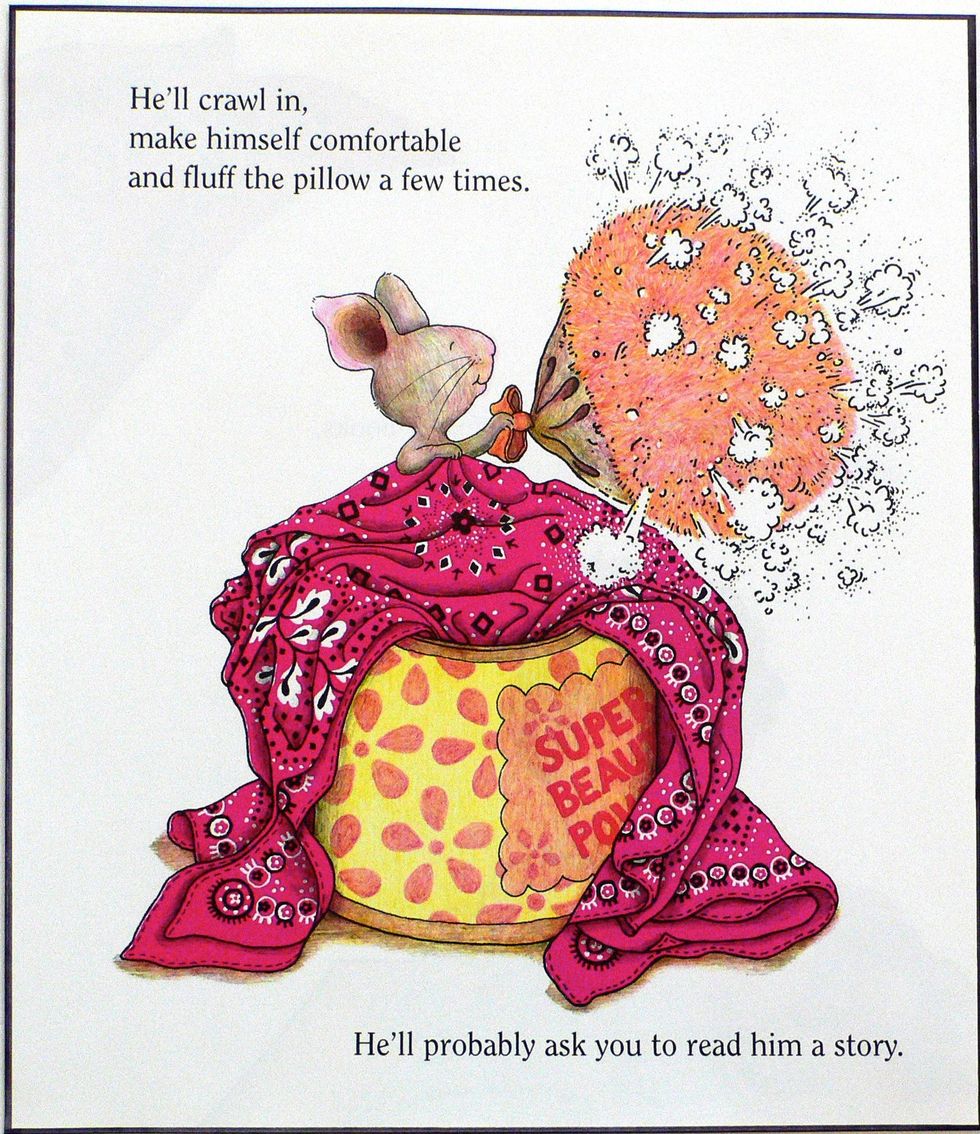Based on the novel written by Caroline Kepnes under the same name, "You" was released on Netflix shortly after Christmas and took the Internet by storm with its peculiar point of view that allows audiences to get into the mind of a vicious killer and stalker.
However, the premise of "You" is pretty standard. By the third episode, I was able to guess what the ending would entail because it's a simple psychological thriller that has the same message that we've seen in various other film platforms with this genre. Guy meets girl, guy obsesses over a girl, the guy does outrageous things in the "best interest" for said girl, things ultimately don't end well for either party. The plot is not original on its take of toxic relationships, but that doesn't mean it's not unusual.
The reason why "You" has stood out from other psychological thrillers is that the protagonist--or should we say, antagonist? It's almost hard to tell--is Joe Goldberg (Penn Badgley) who is the stalker in question. The episodes have constant voice-overs of Joe's internal thoughts and viewers see from the very first scene in the first episode what the mind of a killer looks like with its borderline creepy and disturbing thoughts the moment he sees the love interest, Beck ((Elizabeth Lail), enter the bookstore that he manages.
What this ultimately does is confuse viewers with the mantra that Joe is going to help Beck "get the life that [she] deserves". There have been many people, such as fourteen-year-old celebrity Millie Bobby Brown, who have defended Badgley's character and romanticized everything that he does for Beck. Some viewers are certain that Joe is full of good intentions and he acts out of love, and many have also taken to social media to express emotions that are unparalleled to any other character that we have seen like this before.
This obviously caused some uproar, and it didn't take long for Badgley himself to begin responding with why the character should not be looked at any differently.
Joe narrates most of the series, and spending most of the time in Joe's head creates a challenge to not feel sympathetic towards him. We hear his thoughts, some of which are not nearly as creepy as others, and we see him interact rather sweetly and pose as a father figure to his neighbor's younger son. This, naturally, draws out the sympathy card and can cause conflicting emotions for audiences (I won't lie, I caught myself a few times feeling bad for him and had to remind myself that I was in the mind of a serial killer). We know that Joe is a murderer and commits unforgivable crimes, but viewers have been known to root for him and want him to succeed in winning over Beck.
And that's why this show stands out more than others. If it was told from any other point of view, such as Beck's or in a third person omniscient, "You" would not be nearly as successful as it currently is.
There are hundreds and hundreds of psychological thrillers out there for the taking, yet everyone focuses on "You" because even though it has that same repetitive plot that we've seen before, the way it is told is ultimately something we haven't seen. It's why people are so obsessed with the show and why it causes overt romanticization over the main character. When "Psycho" was released in 1960 nobody was rooting for Norman Bates and nobody was begging to be kidnapped by the character, nor did anyone daydream about taking a stay at the Bates Motel. So why are people doing that for Joe?
The answer is rather simple: The show twists around your morals by completely deceiving you. Mass killers can appear to be like the most normal people in the world and "You" illustrates that perfectly.





















